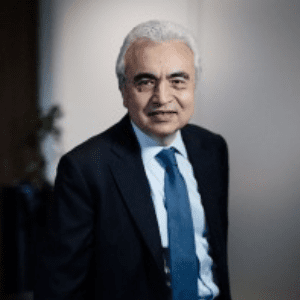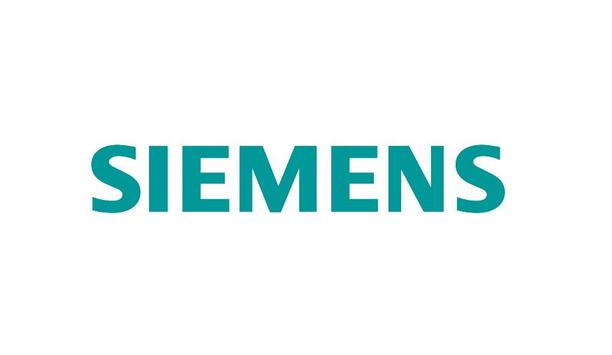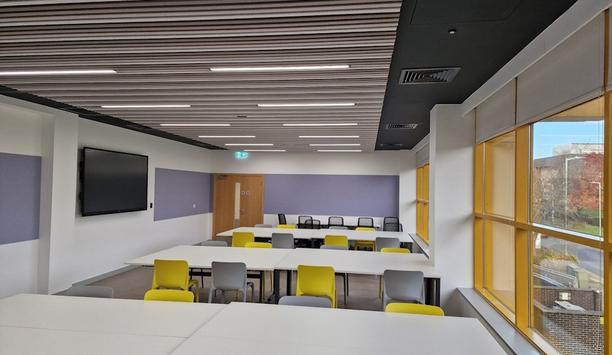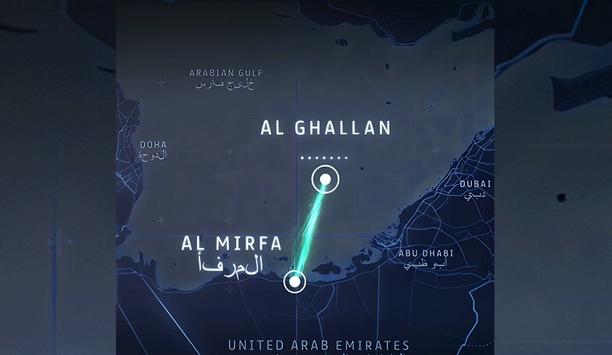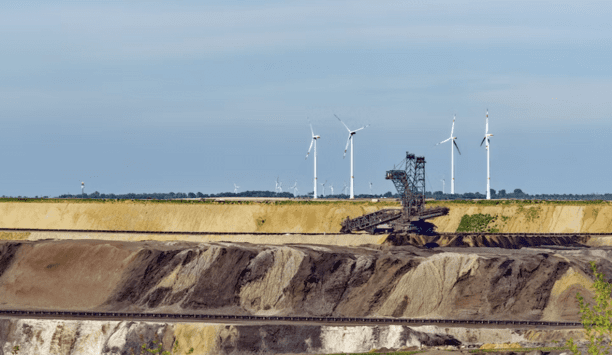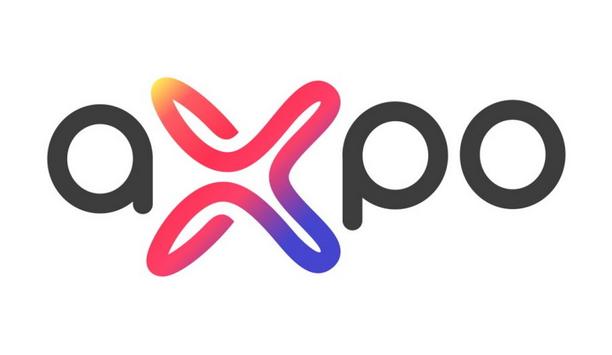IEA Executive Director Fatih Birol has welcomed the new Just Energy Transition Partnership that Indonesia and a group of foremost economies launched at the G20 Leaders Summit in Bali as an important step forward for international cooperation on financing clean energy transitions in emerging economies.
The development of the landmark Just Energy Transition Partnership with Indonesia – which targets an ambitious and equitable power sector transition in Indonesia – was underpinned by IEA analysis, notably the Agency’s recent Energy Sector Roadmap to Net Zero Emissions in Indonesia.
Energy Transition Partnership
“I warmly congratulate Indonesia and its international partners for finalizing the Just Energy Transition Partnership. It is exactly the type of international cooperation that is needed to help finance energy transitions in emerging economies,” Dr Birol said.
“The IEA is delighted that our work contributed to this landmark agreement, which should be seen as a major milestone in a new era of international climate cooperation.”
“We stand ready to work with our Indonesian partners to help them implement it – and to play a part in future Just Energy Transition Partnerships with other key countries as well.”
IEA’s status
This demonstrates that a transition to net zero in Indonesia can be just
Indonesia’s Minister of Energy and Mineral Resources Arifin Tasrif said that the IEA’s Energy Sector Roadmap to Net Zero Emissions in Indonesia “reflects the IEA’s status as the global authority and was conducted hand-in-hand with my Ministry,” adding that it “sets out a clear and achievable path forward, based on energy efficiency, renewables, and electrification.”
“This demonstrates that a transition to net zero in Indonesia can be just, affordable and rich with opportunities,” Minister Tasrif said.
Several key aspects
Several key aspects of the Roadmap informed key targets in the Indonesia Just Energy Transition Partnership, including the IEA analysis showing that Indonesia could achieve a peak in its electricity sector emissions by 2030 in order to put them on a path to reaching net zero by around 2050.
Other key elements included the urgency of early scaling up of renewable power, such as solar, wind, hydro, geothermal, and bioenergy; the critical importance of international support for financing such a pathway; and ensuring the energy supplies needed for Indonesia to take advantage of the economic opportunities of the transition in areas such as critical minerals and clean energy technologies.
Dr. Birol and Minister Tasrif launched the Roadmap in September at the G20 Energy Transitions Ministerial Meeting in Bali and also signed a Joint High-Level Statement that sets out a shared vision of Indonesia’s path to net zero, drawing on the Roadmap’s findings.

